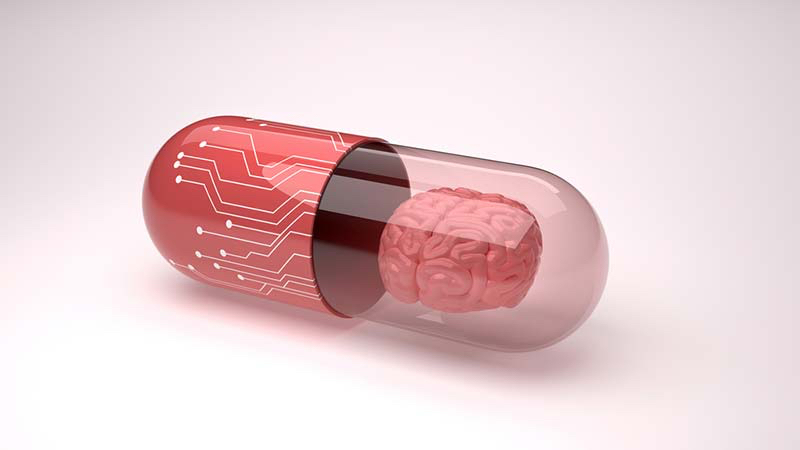
Pharmaceutical drugs, including antidepressants, appear to be a big contributor to the overfat pandemic.
Studies show most antidepressants are about 50 percent effective in reducing clinical symptoms, but they might be much more effective at something else — making you overfat. Other types of pharmaceutical drugs also may have negative effects on your metabolism.
A report in WebMD stated that as many as 10-15 percent of “weight” issues are related to medications, including antidepressants known as Selective Serotonin Reuptake Inhibitors (SSRIs), but also mood stabilizers, seizure- and migraine-blockers, and even diabetes medications. Some of the more popular SSRI drugs include Celexa, Prozac, Luvox, Remeron, Paxil and Zoloft.
However, these drugs are not alone. Others also may disrupt the metabolism, including common medications for yeast and fungal infections, ulcers and reflux problems and high blood pressure, as well as opioid pain medications.
Researchers say it’s not uncommon for people to put on as much as 25 pounds in the first year of using some pharmaceutical drugs, making them a significant contributor to the overfat pandemic.
Antidepressants in particular are among the most widely prescribed medications, with so many people taking so many of them that the effluent affects aquatic life, including fish and frogs, in many waterways. A recent study found as many as 81 different drugs and personal-care products in the flesh of salmon caught in the Puget Sound. Some of these drugs were Prozac, Advil, Benadryl, Lipitor, and even cocaine.
There are several possible reasons some pharmaceutical drugs may increase weight gain, but the most common is that they reduce the body’s fat-burning abilities.
In the case of antidepressants, it’s often a vicious cycle. Sadly, many people continue taking these drugs even though they get no relief. Adding to the problem, these drugs may increase appetite and cravings for junk food while decreasing satiation after eating, disrupt blood-sugar and insulin levels, and decrease motivation to exercise.
Ironically, studies show many who do not find relief through these drugs may suffer from folate deficiency. For these people the addition of folate-rich foods or natural folate supplements may be more effective than the drugs.
Of course I am not recommending people “go off their meds” as this should only be done under the direction of your healthcare professional. However, there are some simple steps you can take to improve your overall health that could also help your brain chemistry and improve depression symptoms.
- Stabilize blood sugar. Insulin and serotonin are interconnected, with stable insulin levels associated with optimum serotonin levels. The best way to control insulin is through the diet, usually by limiting carbohydrates. The Two Week Test can help you determine the amount of carbs you can tolerate. This not only will help you burn more body fat and be leaner, but can also help regulate neurotransmitters like serotonin. For some people, a ketogenic diet may be helpful in controlling insulin as well as depression.
- Assess folate. With as many as half of all people being low on folate, if you have feelings of depression it’s worthwhile to assess your folate levels. This can be done with a simple test for homocysteine. Everyone needs to eat more green leafy vegetables but some may need to eat even more. If tests show you have high homocysteine levels you also may wish to add a natural folate supplement.
- Dump junk food. I’ve said it before and I’ll say it again — junk food is the scourge of your health, including your mental health. It disrupts fat-burning and insulin, causes imbalances to brain chemistry and robs the body of folate. Many people feel much better after going two weeks off junk with the “Two-Week No-Junk” Test.







